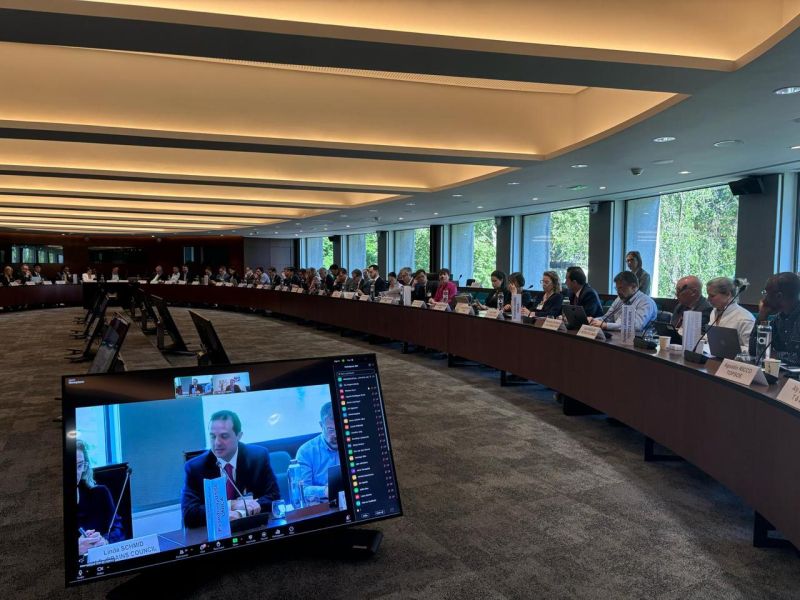
The upcoming United Nations Climate Change Conference (COP30), scheduled to take place in Brazil this November, is prompting society to reflect on and discuss accessible, affordable solutions for reducing carbon emissions across various productive sectors. Countries are being urged to revise their Nationally Determined Contributions (NDCs) and establish more ambitious emission reduction targets in line with the Paris Agreement’s goal of limiting global temperature rise to a maximum of 1.5 degrees Celsius.
Achieving this target depends heavily on the successful decarbonization of the global transport sector. According to the United Nations, in 45% of countries, transport is the largest source of energy-related emissions. Globally, the sector accounts for approximately one-quarter of greenhouse gas emissions, largely because 95% of transport energy still comes from fossil fuels.
Biofuels represent an affordable and readily available alternative to fossil fuels. Ethanol for example, when used as hydrous ethanol, can reduce CO₂ emissions by up to 90%. In addition to its environmental benefits, ethanol also supports social and economic development, contributing to more sustainable and inclusive growth.
Although global demand for biofuels is projected to increase by 35% by 2030, this sustainable alternative still faces significant policy and regulatory challenges. To identify these barriers and assess the policy measures needed for biofuels to play a larger role in the transport decarbonization agenda, the International Energy Agency (IEA) held a workshop on April 29th in Paris. The event also aimed to collect high-quality data in order to elaborate strategic guidance to support Brazil’s presidency of COP30.
The IEA workshop brought together stakeholders from governments, industry, international organizations, and experts in sustainable fuels for a high-level discussion on the challenges and key areas requiring stronger policy focus. The Brazilian Sugarcane and Bioenergy Industry Association (UNICA) was represented by its CEO, Mr. Evandro Gussi. he opening session featured remarks by Mr. Keisuke Sadamori, Director of Energy Markets and Security at the IEA, and Mr. João Marcos Paes Leme, Director of the Energy Department at the Ministry of Foreign Affairs of Brazil. Closing remarks were delivered by Mr. Paolo Frankl, Head of the Renewable Energy Division at the IEA.
The discussion underscored the urgent need for strong international cooperation to accelerate the global energy transition. Coordinated policy actions are essential to ensure regulatory stability, foster market confidence, and stimulate sustained demand for sustainable fuels. Such efforts are critical not only to attract long-term investments but also to unlock the full potential of biofuels in reducing transport sector emissions. As Brazil prepares to host COP30, the outcomes of this dialogue offer valuable input to shape a more inclusive, ambitious, and actionable global decarbonization agenda.


